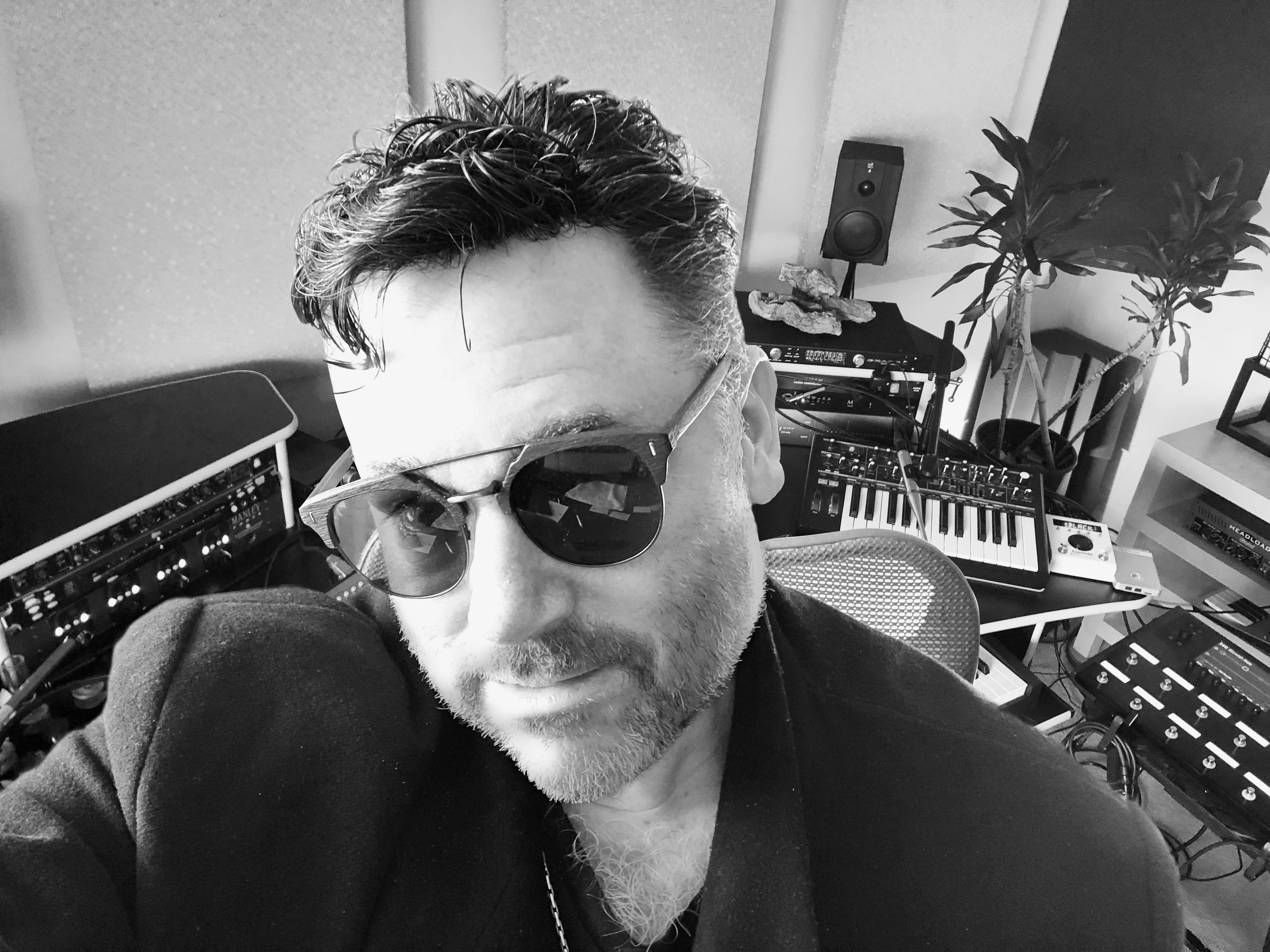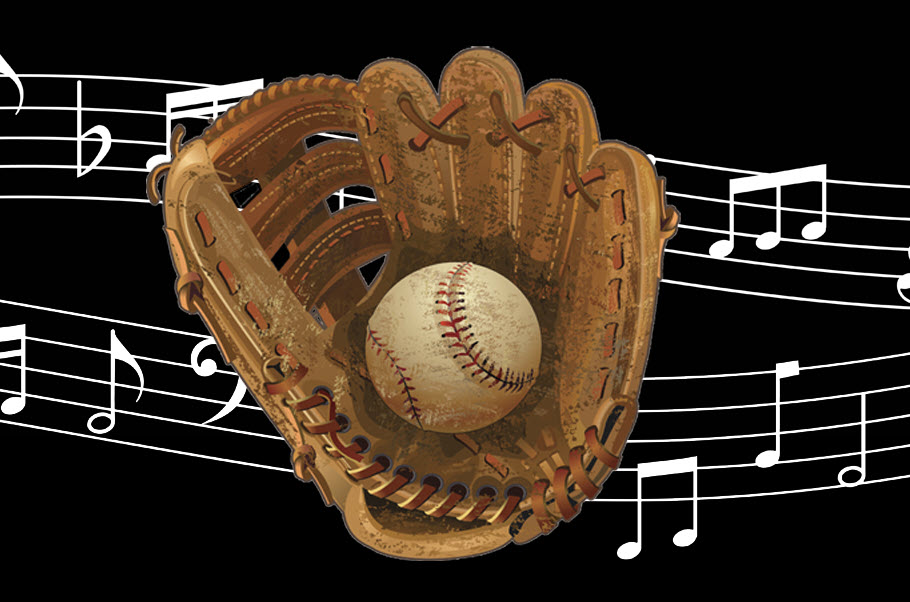The 10 Best Pop/Rock Orchestrations
Combining the best of two worlds.
What can make a great pop/rock tune even better? How about some masterful orchestration? From a full-blown classical orchestra to just a string and brass section and beyond, the art of orchestration can lift a song to a whole new level. Here are ten of the best ones ever released.
1. KASHMIR – LED ZEPPELIN
Most people consider this to be one of Led Zeppelin’s best musical works, and a lot of the appeal has to do with the orchestration that swirls around the hypnotic Middle Eastern-influenced guitar riff, powerful drums and mystical vocal delivery. The record actually started as a demo played by just guitarist Jimmy Page and drummer John Bonham. Singer Robert Plant then added lyrics and bassist/keyboardist John Paul Jones later added a Mellotron part and wrote the orchestration, bringing in session players for the horn and string parts, making this one of the few Zeppelin songs to use outside musicians. A classic that will rock any system! Listen to it here.
2. ELEANOR RIGBY – THE BEATLES
Producer George Martin has often been referred to as the “Fifth Beatle,” and this track, featured on the group’s 1966 Revolver album, provides a strong argument for the title. Martin composed the memorable string line, which he later said was influenced by Bernard Hermann’s score of the film Psycho. It was recorded by engineer Geoff Emerick, who was apparently berated by the string players for putting the microphones too close to them in order to get an edgier sound. Even though Martin had previously scored the group’s hit song “Yesterday” for a string quartet, here it was written for an octet consisting of four violins, two violas and two cellos. Logs indicate that the string overdub session for this track, recorded at EMI Studios in London, lasted for just three hours. Without question, those were some of the most important 180 minutes in pop/rock history. Listen to it here. (For an even greater appreciation of Martin’s masterful score, listen to the isolated strings here.)
3. GOD ONLY KNOWS – THE BEACH BOYS
Orchestration doesn’t have to consist of traditional symphonic instrumentation. “God Only Knows” breaks the mold by including not just strings, clarinets, flutes and a very prominent French horn, but also accordion, sleigh bells, harpsichord, tack piano and plastic orange juice jugs for percussion. Composed and orchestrated by the incomparable Brian Wilson (with lyrics by Tony Asher), the track features Brian’s brother Carl on lead vocals. In an homage to Phil Spector’s legendary Wall of Sound production approach (Wilson idolized Spector), the 20-plus musicians on the backing track all played live in one room — Studio 3 at Western Studios in Hollywood — and it took no less than 22 takes before Brian was satisfied. Listen to it here … or check out the backing track on its own here.
4. I DON’T WANT TO MISS A THING – AEROSMITH
Written not by the usual Aerosmith composing duo of Steven Tyer and Joe Perry but by Grammy® Award-winning songwriter Dianne Warren, this track provides a great example of how orchestration can enhance the work of even the hardest rockers. It was presented to the band as a simple demo with just piano and vocals … and with help from producer Matt Serletic, they turned it into a number one hit single. The soaring string orchestration, written by cellist/conductor/arranger Susie Katayama, helped it to serve perfectly as the title track to the 1998 film Armageddon, which featured Steven Tyler’s daughter Liv. Listen to it here.
5. STRANGE MAGIC – ELECTRIC LIGHT ORCHESTRA
Well, they do have the word “orchestra” in the band name! Written by Jeff Lynne, this up-tempo pop track first appeared on ELO’s 1975 Face The Music album and later became a massive hit single. The intro is swimming in strings right from the start. The full orchestra makes its first appearance at the chorus hook and then darts in and out of the rest of the tune. Note that the track was released as a single in 1976 in two versions: one full mix and one for the U.S. market with more edits and no orchestral into. Listen to it here.
6. BETH – KISS
KISS and a symphony orchestra? Yes, and the orchestration helped turn this ballad into the rock ensemble’s biggest commercial hit in the United States. Included on the 1976 Destroyer album as a last minute addition, the track features the raspy singing of drummer Peter Criss, but what really carries the song is the power and might of the New York Philharmonic. All 25 members recorded their parts with producer Bob Ezrin at A&R Studios in New York City. The violins, violas and cellos are accompanied by tubas, trombones and French horns. Definitely not your average KISS song! Listen to it here.
7. PHILADELPHIA FREEDOM – ELTON JOHN
Written by the longtime partnership of Elton John and Bernie Taupin, this was released as a single in 1975 and quickly rose to the top of the charts. The song was recorded the summer previously, in-between sessions for John’s Captain Fantastic and Brown Dirt Cowboy albums, and was conceived as a tribute to tennis star Billie Jean King, with orchestration by American conductor, composer and arranger Gene Page. The string arrangement features soulful melodic lines that have become an integral part of the piece, along with lower brass lines and flutes that weave throughout the tune. Listen to it here.
8. NIGHTS IN WHITE SATIN – MOODY BLUES
When singing the timeless hook to “Nights In White Satin,” how can you not hear those soaring strings right underneath it? This Moody Blues track was first released in 1967 before being reissued in 1972, which is when it reached number 2 on the Billboard charts … and, incredibly, continued chart reentry for another decade. The intro to the song, as well as the end chorus and what is referred to as the “final lament” section all feature the London Festival Orchestra, with additional flute and string sounds courtesy of keyboardist Mike Pinder’s Mellotron, which add even more passion to this already emotion-laden track. Listen to it here.
9. SPACE ODDITY – DAVID BOWIE
David Bowie’s “Space Oddity” was first released as a single in 1969, literally days before the first moon landing (no coincidence, to be sure) and also served as the opening track of his eponymous second album, David Bowie. A tale about a fictional astronaut named Major Tom, the lyric is partly inspired by the classic 1968 Kubrick film 2001:A Space Odyssey. The track was recorded at Trident Studios in London and features not only a stunning string arrangement by British cellist/arranger Paul Buckmaster, but additional flutes and woodwinds orchestrated by longtime Bowie producer Tony Visconti, augmented by Mellotron work from Rick Wakeman. A full-blown five minute fifteen second masterpiece! Listen to it here.
10. YOU CAN’T ALWAYS GET WHAT YOU WANT – ROLLING STONES
Take Mick Jagger, Keith Richards and the other Rolling Stones, then add in the London Bach Choir, Al Kooper on piano, organ and French horn, Rocky Dijon on congas, maracas and tambourine, and a variety of background singers. What do you get? A track considered by many to be one of the greatest recordings of all time. The choir (arranged by Jack Nitzsche) delivers an understated intro before Richard’s gentle acoustic guitar and Jagger’s plaintive vocal make their entrance, later reappearing both mid-song and in the long, kick-out-the-jams outro, climbing higher, ever higher as the excitement builds. Turn this one up! Listen to it here.















